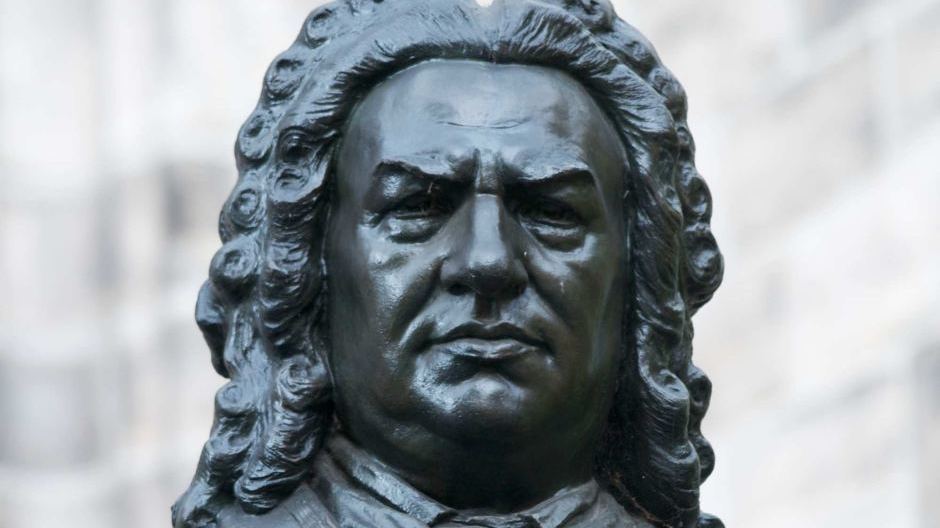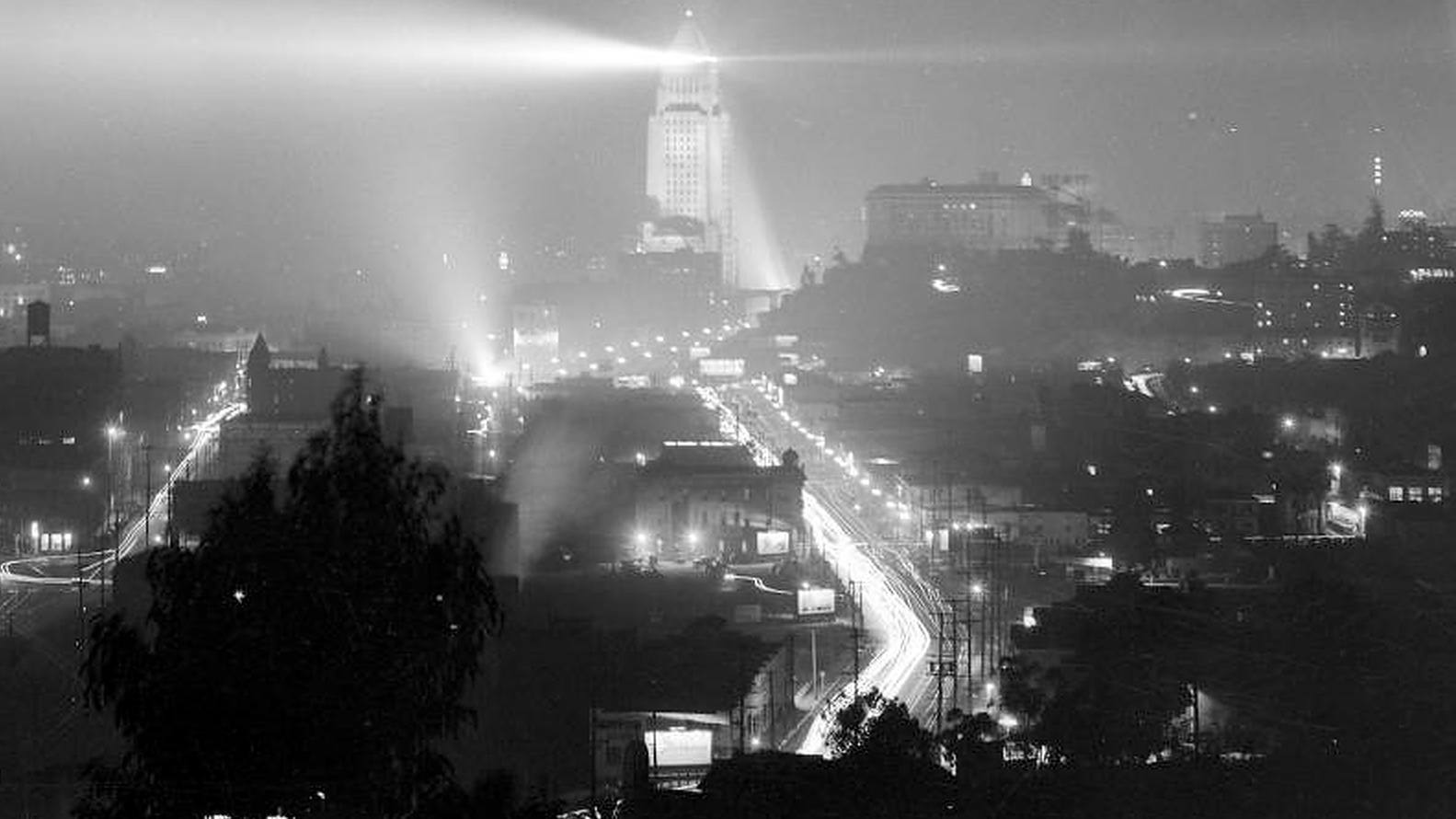Korngold’s String Sextet: Basking in Romanticism’s Vibrant Twilight
Erich Wolfgang Korngold (1897-1957) was one of music history’s greatest prodigies, along the lines of the young Mozart and Mendelssohn. When he was 10, Mahler declared him to be a genius, and by age 13 his music was performed at the Vienna Court Opera. His 1920 opera, Die tote Stadt (“The Dead City”), was performed extensively throughout the world, reaching more than 80 stages. Then, with the rise of the Nazis, Korngold was …







